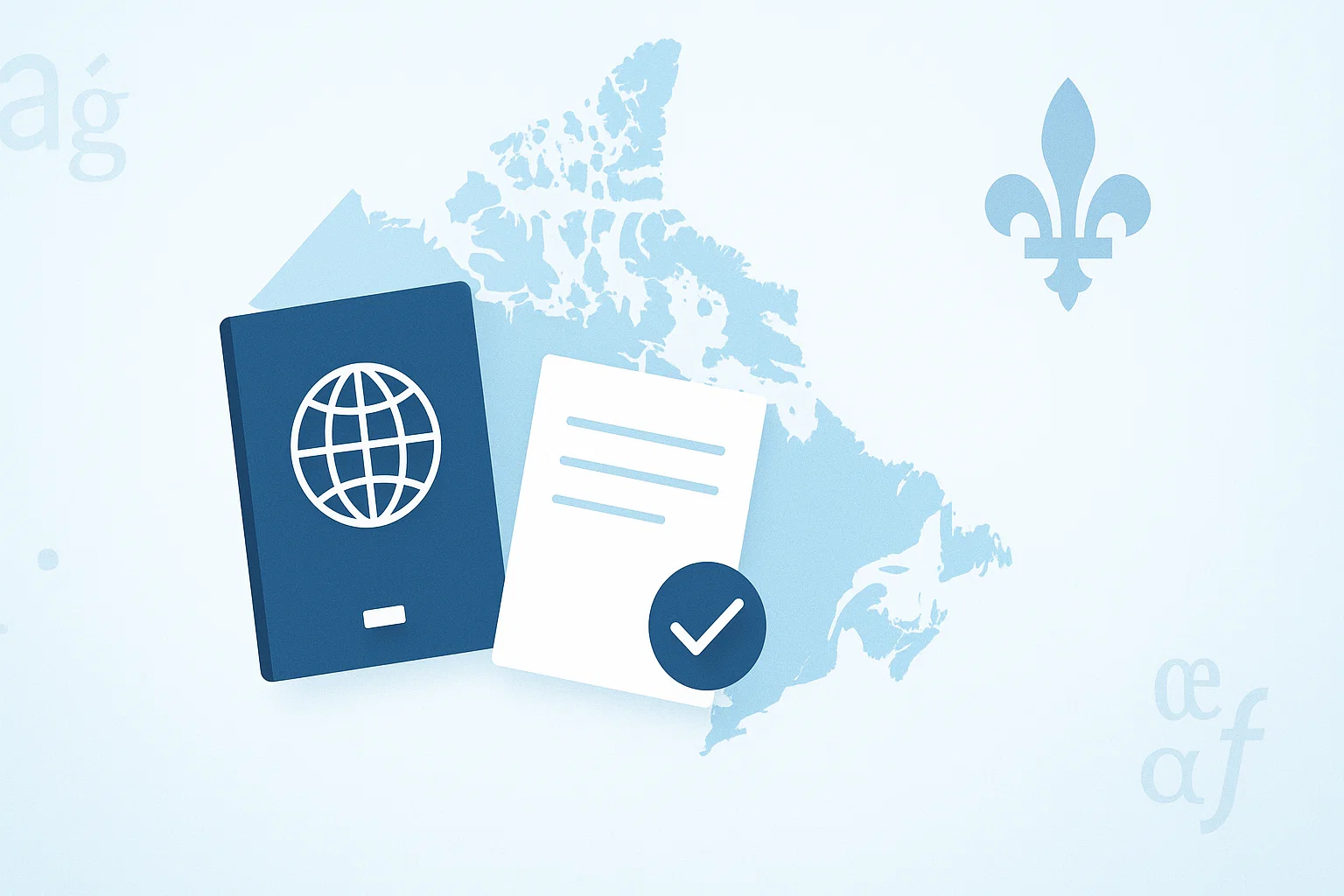
Immigration, Refugees, and Citizenship Canada (IRCC) recently announced changes to its tourist visa policy, ending the automatic issuance of 10-year multiple-entry visas. The new policy gives immigration officers greater discretion, allowing them to assess individual cases and determine whether to grant short-term or multiple-entry visas, instead of defaulting to extended validity periods.
According to the IRCC, this policy shift is part of a broader strategy to manage temporary immigration numbers and address societal issues such as housing shortages and rising living costs. This change could lead to increased application costs and shorter visa validity for frequent travelers, impacting those who regularly visit Canada for work or leisure.
Background of the Policy
Under the previous visa policy, IRCC offered two types of tourist visas: multiple-entry and single-entry visas. However, applicants did not need to choose between them, as all applicants were automatically considered for a multiple-entry visa. This type of visa allowed holders to enter Canada multiple times during its validity, which could last up to 10 years or until one month before the passport’s expiration date, whichever was sooner.
Single-entry visas were generally reserved for specific cases, such as official visits by foreign dignitaries eligible for fee exemptions or participation in one-time events in Canada. Once holders of single-entry visas left Canada, they would usually need a new visa to re-enter.
However, under the new guidelines, issuing maximum-validity multiple-entry visas will no longer be the standard. Visa officers will assess applicants’ actual needs to decide whether to issue single-entry or multiple-entry visas and determine the visa’s duration based on each applicant’s individual circumstances.
The IRCC emphasized that the updated policy core is “to allow officers discretion in issuing single-entry or multiple-entry visas, without treating maximum-validity multiple-entry visas as the norm.”
Visa Fees Unchanged
The application fee for a Canadian visitor visa remains CAD 100 per person, regardless of whether it is for a single-entry or multiple-entry visa. Therefore, the change in visa types will not affect application fees.
Broader Immigration Policy Measures
This visa policy adjustment is part of a comprehensive set of measures Canada has recently adopted to balance immigration numbers and public concerns over infrastructure. Other measures implemented include:
- Lowering Permanent Resident Targets: The Canadian government has revised its immigration levels plan, reducing its target for new permanent residents from 500,000 to 395,000 in 2025, further to 380,000 in 2026, and down to 365,000 in 2027.
- Cap on International Students: Canada has imposed a cap on student permits, expected to reduce the number of international students by approximately 300,000 over the next three years.
- Restrictions on Temporary Foreign Worker Program: Canada has reduced the proportion of low-wage foreign workers that businesses can hire, with the ratio of low-wage foreign employees decreased from 30% to 20%.
This adjustment to Canada’s tourist visa policy marks a significant step in the country’s efforts to control temporary immigration numbers and ensure adequate social infrastructure. The new policy has potential implications for the frequency and duration of future visitor stays in Canada, highlighting a trend of gradually tightening Canadian immigration policies.









